Reclaiming wood-ash contaminated soil
Slimy_Okra
10 years ago
Featured Answer
Sort by:Oldest
Comments (9)
Kimmsr
10 years agoelisa_z5
10 years agoRelated Professionals
Forest Park Landscape Architects & Landscape Designers · Saint Matthews Landscape Architects & Landscape Designers · Waunakee Landscape Architects & Landscape Designers · Finneytown Landscape Architects & Landscape Designers · Middletown Landscape Contractors · Bowie Landscape Contractors · Danvers Landscape Contractors · Framingham Landscape Contractors · Weymouth Landscape Contractors · Wilton Landscape Contractors · Dayton Decks, Patios & Outdoor Enclosures · Riverside Decks, Patios & Outdoor Enclosures · Spokane Decks, Patios & Outdoor Enclosures · Universal City Decks, Patios & Outdoor Enclosures · Waukesha Decks, Patios & Outdoor Enclosurestoxcrusadr
10 years agoKimmsr
10 years agoelisa_z5
10 years agogonebananas_gw
10 years agoelisa_z5
10 years agotoxcrusadr
10 years ago
Related Stories

GARDENING AND LANDSCAPING8 Rot-Resistant Woods for Your Outdoor Projects
No need for chemical treatments on your deck or pergola. These woods stand up to weather, insects and time beautifully on their own
Full Story
GREAT HOME PROJECTSHow to Refinish a Wood Deck
Keep your deck looking its best — and save feet from splinters — by applying a new stain and sealant every year or so
Full Story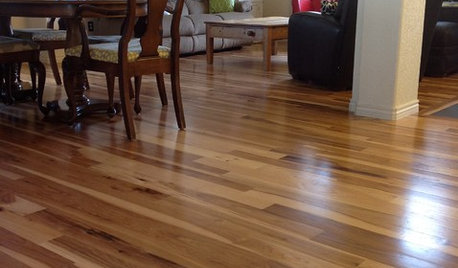
MATERIALSWhat to Ask Before Choosing a Hardwood Floor
We give you the details on cost, installation, wood varieties and more to help you pick the right hardwood flooring
Full Story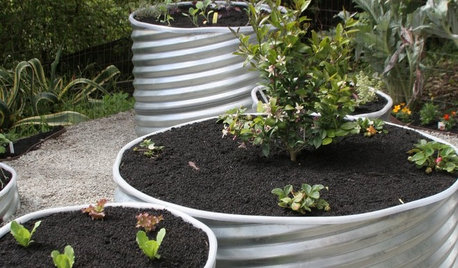
GARDENING GUIDES8 Materials for Raised Garden Beds
Get the dirt on classic and new options for raised vegetable and plant beds, to get the most from your year-round garden
Full Story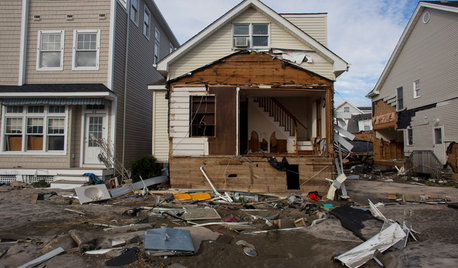
DISASTER PREP & RECOVERYHow to Combat Mold in a Flooded House
Before you rebuild or restore your water-damaged home, take these steps to keep mold at bay
Full Story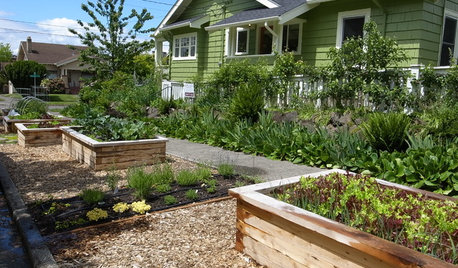
FARM YOUR YARDHow to Farm Your Parking Strip
Get an up-close look at a thriving street-side edible garden, one of many sprouting up in Seattle
Full Story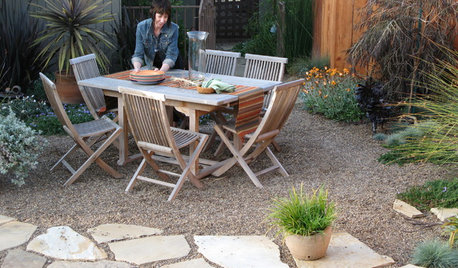
LANDSCAPE DESIGN15 Great Ideas for a Lawn-Free Yard
End the turf war for good with hardscaping, native grasses and ground covers that save water and are easier to maintain
Full Story
HEALTHY HOMEDetox Your Kitchen for the Healthiest Cooking
Maybe you buy organic or even grow your own. But if your kitchen is toxic, you're only halfway to healthy
Full Story
MATERIALSInsulation Basics: What to Know About Spray Foam
Learn what exactly spray foam is, the pros and cons of using it and why you shouldn’t mess around with installation
Full Story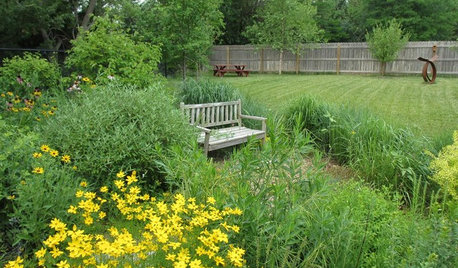
GARDENING GUIDESHow to Design a Garden That Lasts
Climates are changing. Wildlife is evolving. Can your garden keep up?
Full Story





Slimy_OkraOriginal Author